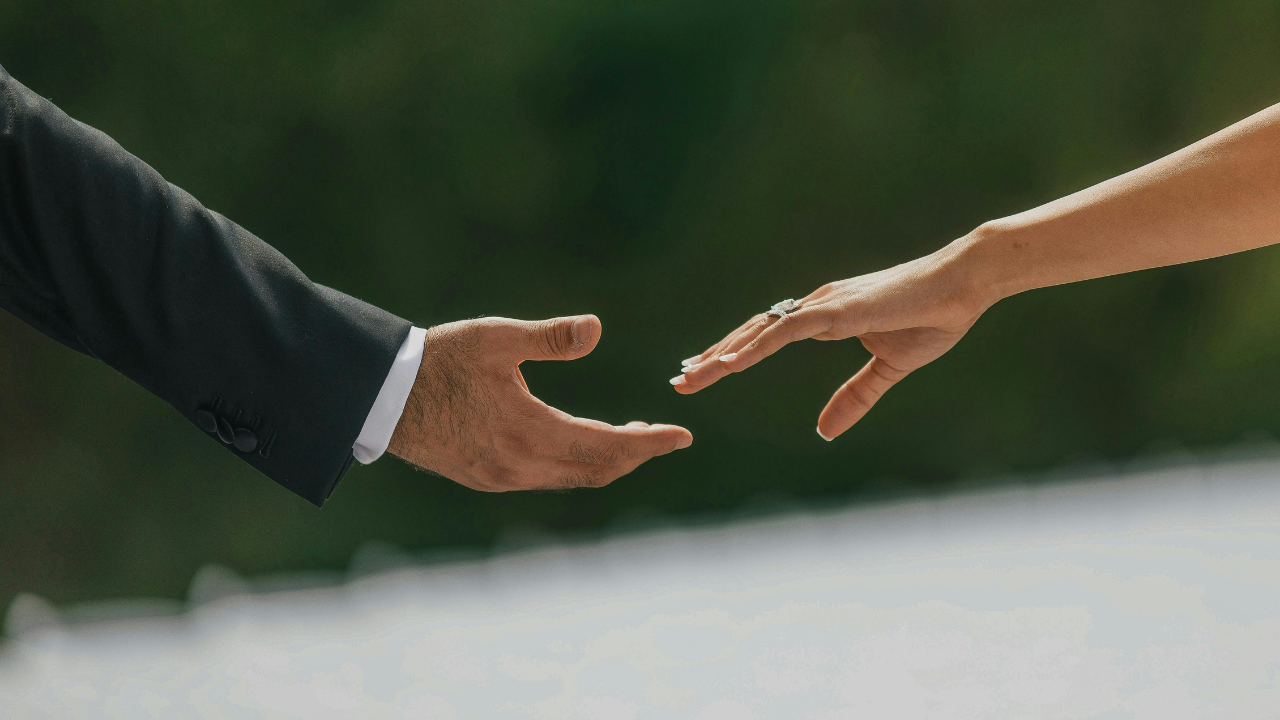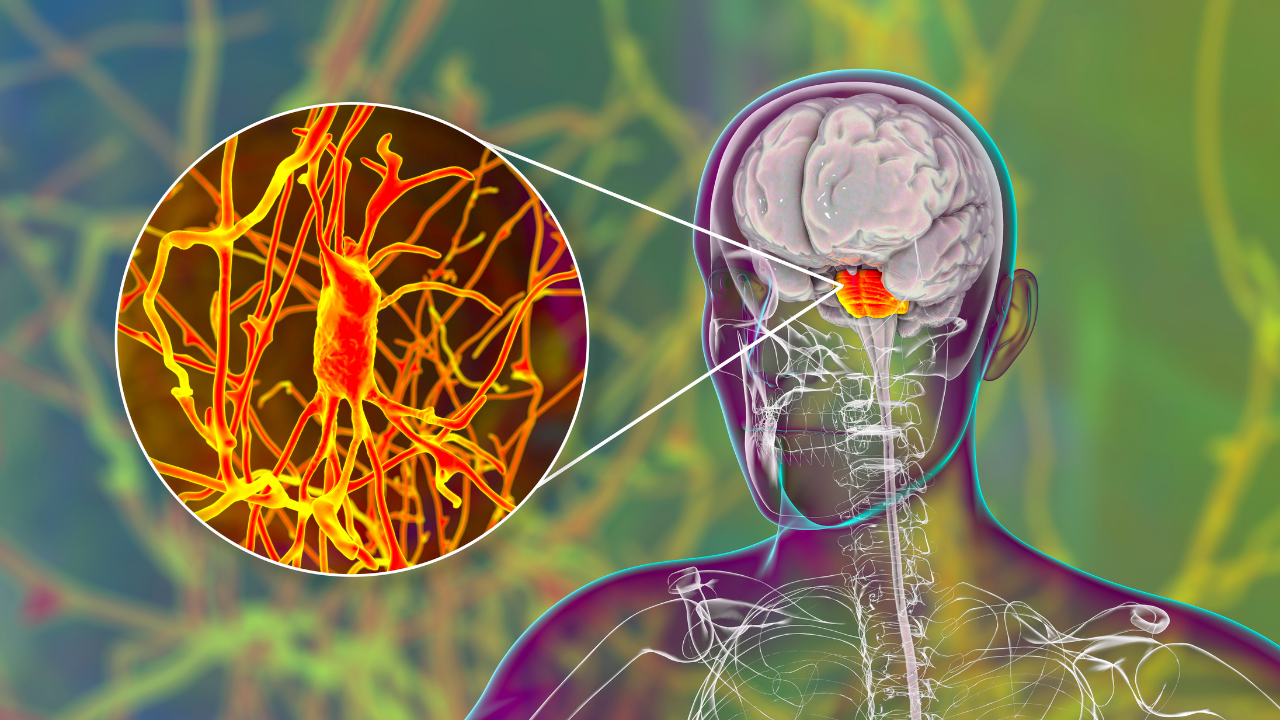Healing Relationships Through Empowered Recovery: How Self-Change Transforms Connection
Healing doesn’t happen in isolation — and neither does recovery.
When we begin to change ourselves, the world around us starts to shift. Our boundaries strengthen, our energy changes, and slowly, the patterns that once defined our relationships begin to dissolve.
If you’ve ever noticed that your connections start to feel “different” as you grow — maybe more peaceful, or maybe more distant — you’re not imagining it. Healing the self inevitably changes the way we relate to others.
The Mirror of Relationship
A client I once worked with, I’ll call her Sarah, said something that has stayed with me for years. “Prairie,” she told me, “I’ve done so much self-work, but my relationships still feel messy. It’s like the more I grow, the more disconnected I feel from certain people.”
Her words reflect a universal experience in recovery — the growing pains that come with emotional transformation.
Relationships are mirrors. They reflect the parts of us that are ready to heal — the patterns we’ve outgrown, the boundaries we never knew we needed, and the self-worth we’re finally reclaiming.
The Neuroscience of Connection
According to Dr. Daniel Siegel, a pioneer in interpersonal neurobiology, our brains are literally wired for connection. The circuits that regulate emotion, empathy, and attachment develop through our relationships — especially in early life. When those early relationships are inconsistent, neglectful, or unsafe, the brain adapts for protection rather than connection (Siegel, 2012).
That’s why trauma survivors often struggle with intimacy or trust, even when they deeply crave it. The brain associates closeness with danger, creating a cycle of push and pull that can feel confusing and painful.
But here’s the hopeful part: neuroscience also shows that new experiences can rewire these patterns. Healthy relationships, therapy, coaching, and mindfulness all help strengthen the prefrontal cortex — the part of the brain responsible for emotional regulation and empathy. As we learn to stay calm and self-aware, the amygdala (our internal alarm system) quiets down, making connection feel safer.
Repetition Isn’t Weakness — It’s Wiring
Dr. Bruce Perry’s trauma research helps explain why we repeat old relationship dynamics, even after recognizing them. Our attachment systems are pattern-driven; they recreate what’s familiar, not necessarily what’s healthy.
This is why many people in recovery find themselves drawn to relationships that mirror past wounds — relationships that are unstable, controlling, or emotionally distant. The nervous system seeks what it knows.
But when you begin to heal, you introduce new feedback to the brain. Setting a boundary tells your system, “It’s safe to protect myself.” Saying no to chaos reinforces that safety. Each conscious choice creates new neural connections.
As Perry notes, “Regulation must precede relationship.” We cannot connect deeply with others until we feel safe within ourselves (Perry & Szalavitz, 2021).
The Power of Self-Regulation in Relationships
One of the most empowering lessons from the Empowered Recovery framework is that we can’t change other people — but we can change how we show up.
Studies by Dr. Sue Johnson, founder of Emotionally Focused Therapy, show that calm nervous systems co-regulate others. In other words, when we are emotionally balanced, the people around us feel safer and more open to connection (Johnson, 2019).
Think about that for a moment. Your healing doesn’t just affect you — it impacts your children, your partner, your coworkers, your community. When you learn to stay centered in moments of tension, you become a stabilizing force in a world of emotional chaos.
This is why emotional regulation is the cornerstone of empowered recovery. The stronger your internal calm, the healthier your external relationships become.
Motivational Interviewing Reflection
Let’s pause for a moment and ask yourself a question:
If you became your healthiest, most grounded self — how would your relationships shift?
Would your communication become softer, clearer, or more direct?
Would you say no more often?
Would you stop over-explaining or apologizing for your boundaries?
This kind of reflection, known in Motivational Interviewing as an evocative prompt, helps shift focus from blame to empowerment (Miller & Rollnick, 2013). It’s not about changing others — it’s about envisioning who you want to be in every connection.
Healing from the Inside Out
In my coaching practice, I’ve seen remarkable transformation through this work. One client told me that the lesson on anchoring recovery to values gave him more insight than two decades of 12-step meetings. Another shared that after taking the Empowered Recovery Course, she finally felt peace in her relationships — not because everyone around her changed, but because she did.
Programs like the 21-Day Breaking Free Challenge help you start that shift by creating self-awareness and exploring healthy boundaries. The 28-Day Clean Body Reboot supports emotional regulation through physical balance, and the Empowered Recovery Course helps rewire relationship dynamics on a neurological and behavioral level.
For treatment centers, the Empowered Recovery Curriculum provides group exercises and facilitator scripts to help clients rebuild relational trust through self-regulation, values alignment, and empathy training.
What If Healing Your Body Could Heal Your Relationships Too?
The Clean Body Reboot helps you restore physical balance, reduce inflammation, and clear emotional energy stored in the body. As you nourish yourself from the inside out, you naturally begin to show up with more clarity, patience, and emotional presence—the foundation for deeper, healthier relationships.
The New Language of Love and Connection
Healing relationships isn’t about changing others. It’s about changing how we love.
When you become emotionally grounded, boundaries stop feeling like walls — they become bridges to healthier connection. You no longer react from fear or chase unavailable people. You stop abandoning yourself to keep the peace.
You begin to love differently — from wholeness, not from need.
Empowered recovery is not just about sobriety or behavior change. It’s about learning how to stay regulated, authentic, and kind — even when others are not.
Because when you heal yourself, you heal the way you relate to everything and everyone around you.
🎧 Podcast: Healing Relationships Through Empowered Recovery — How Self-Change Transforms Connection
True healing begins within. In this episode, we explore how transforming your relationship with yourself naturally reshapes the way you connect with others. Learn how emotional awareness, healthy boundaries, and self-responsibility create space for deeper, more authentic relationships—both in recovery and beyond. Discover how becoming your healthiest self invites others to rise and meet you there.
What If You Didn’t Have to Do It All Yourself?
Outsourced Doers connects you with a dedicated virtual assistant trained to support entrepreneurs, coaches, and healers. From managing content to organizing your projects, your Doer helps you create more space for what matters—connection, creativity, and meaningful work.
References
Siegel, Daniel J. (2012). The Developing Mind: How Relationships and the Brain Interact to Shape Who We Are. Guilford Press. https://drdansiegel.com
Perry, Bruce D., and Szalavitz, Maia. (2021). What Happened to You? Flatiron Books. https://www.what-happened-to-you-book.com
Cozolino, Louis. (2014). The Neuroscience of Human Relationships: Attachment and the Developing Social Brain. W. W. Norton & Company. https://wwnorton.com/books/9780393706545
Johnson, Sue. (2019). Attachment Theory in Practice: Emotionally Focused Therapy for Individuals, Couples, and Families. Guilford Press. https://www.guilford.com/books/Attachment-Theory-in-Practice/Susan-M-Johnson/9781462538249
Miller, William R., & Rollnick, Stephen. (2013). Motivational Interviewing: Helping People Change (3rd ed.). Guilford Press. www.motivationalinterviewing.org
👉 For Individuals:
Start your journey with the 21-Day Breaking Free Challenge.
Rebalance your mind and body through the 28-Day Clean Body Reboot.
Deepen your transformation through the Empowered Recovery Course.
👉 For Practitioners and Treatment Centers:
Bring this framework into your programs through the Empowered Recovery Curriculum.







